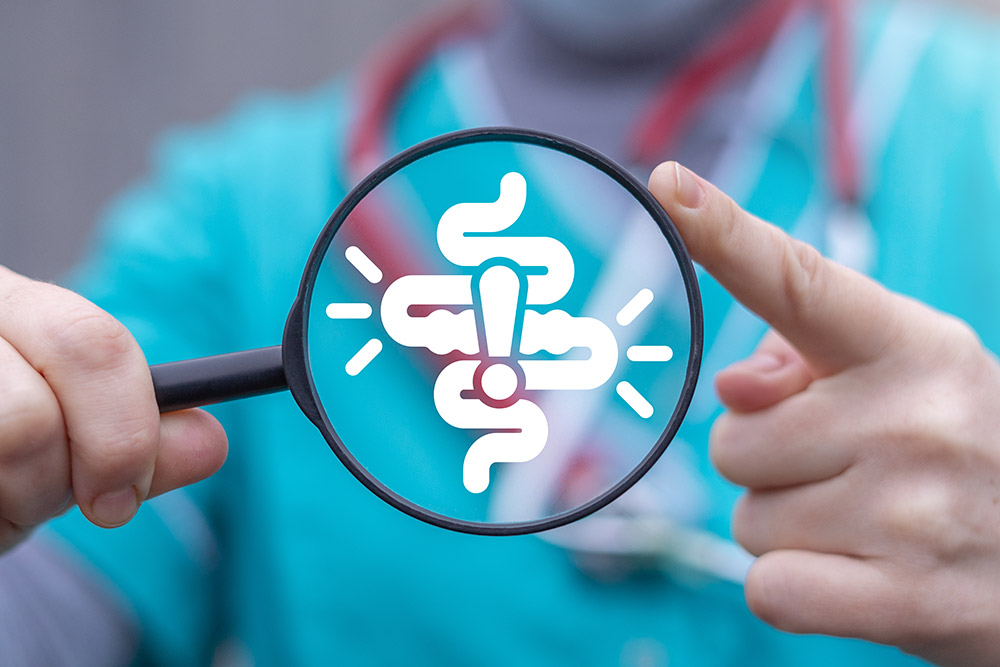Expert Treatment for Diarrhea by Dr. Bharat Pothuri
Dr. Pothuri uses a step-by-step approach:
Medical History and Exam
He reviews your symptom pattern-onset, stool frequency and consistency, epigastric pain characteristics, relation to meals, travel history, medication use, and any weight loss or night sweats. A focused abdominal exam checks for tenderness, distension, or masses.
Lab and Stool Tests
- Stool studies for pathogens (bacteria, parasites, C. difficile) and fecal calprotectin to screen for inflammatory bowel disease.
- Blood work including CBC for anemia or infection, electrolytes for dehydration, liver and pancreatic enzymes, and inflammatory markers (CRP).
Imaging Studies
- Abdominal ultrasound to evaluate gallbladder, liver, and pancreas for stones or inflammation.
- CT or MRI enterography if small-bowel disease, abscess, or structural abnormalities are suspected.
Endoscopy and Advanced Testing (if needed)
If initial tests are inconclusive or symptoms persist, he may recommend:
- Upper endoscopy (EGD) with biopsy to look for gastritis, ulcers, or celiac disease.
- Colonoscopy to assess the colon and terminal ileum for IBD or microscopic colitis.
- Breath tests for small-intestinal bacterial overgrowth or carbohydrate malabsorption.
- Capsule endoscopy or motility studies in selected cases.

Frequently Asked Questions
What causes diarrhea in adults?
Diarrhea can result from infections (viral, bacterial, or parasitic), food intolerances, stress, travel, medications like antibiotics, or chronic gut conditions such as IBS or IBD.
When should I see a doctor?
Make an appointment if diarrhea lasts more than 48 hours, if you feel weak or dizzy, or if you notice blood or severe pain.
Can diarrhea be treated without antibiotics?
Yes. If there's no infection, treatment may include dietary changes, increased fluid intake, and over-the-counter or prescription symptom-control medications.
What foods should I avoid?
Until symptoms improve, avoid dairy, fried or fatty foods, caffeine, alcohol, and artificial sweeteners that can irritate your gut.
How long should I wait before getting help?
If your diarrhea persists beyond two days, worsens, or is accompanied by fever or dehydration signs, seek medical evaluation promptly.
Can diarrhea be a sign of something serious?
Yes. Chronic or recurrent diarrhea may indicate conditions like IBS, IBD, celiac disease, or other gastrointestinal disorders that require specialized care.
How do I make an appointment?
Call GastroDoxs in Houston or visit our website to schedule your consultation with Dr. Bharat Pothuri.












